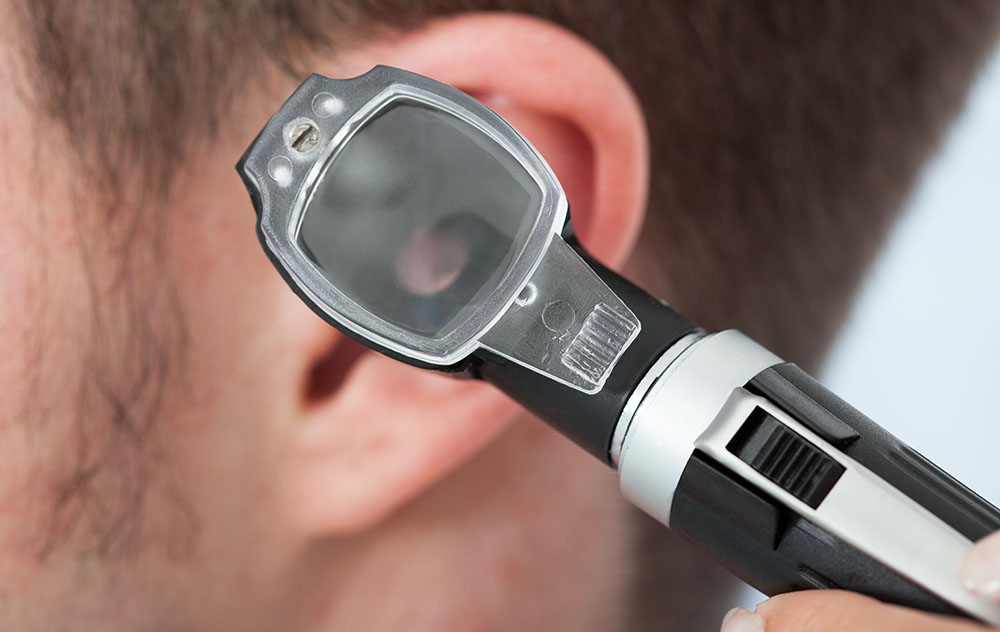When to See an Audiologist About Hearing Aid Repairs
Hearing aids have long provided relief for those who experience hearing


Hearing aids have long provided relief for those who experience hearing

Hearing tests are really important if you want to look after your hearing

Hearing aids are a great piece of technology. They will allow you to hear